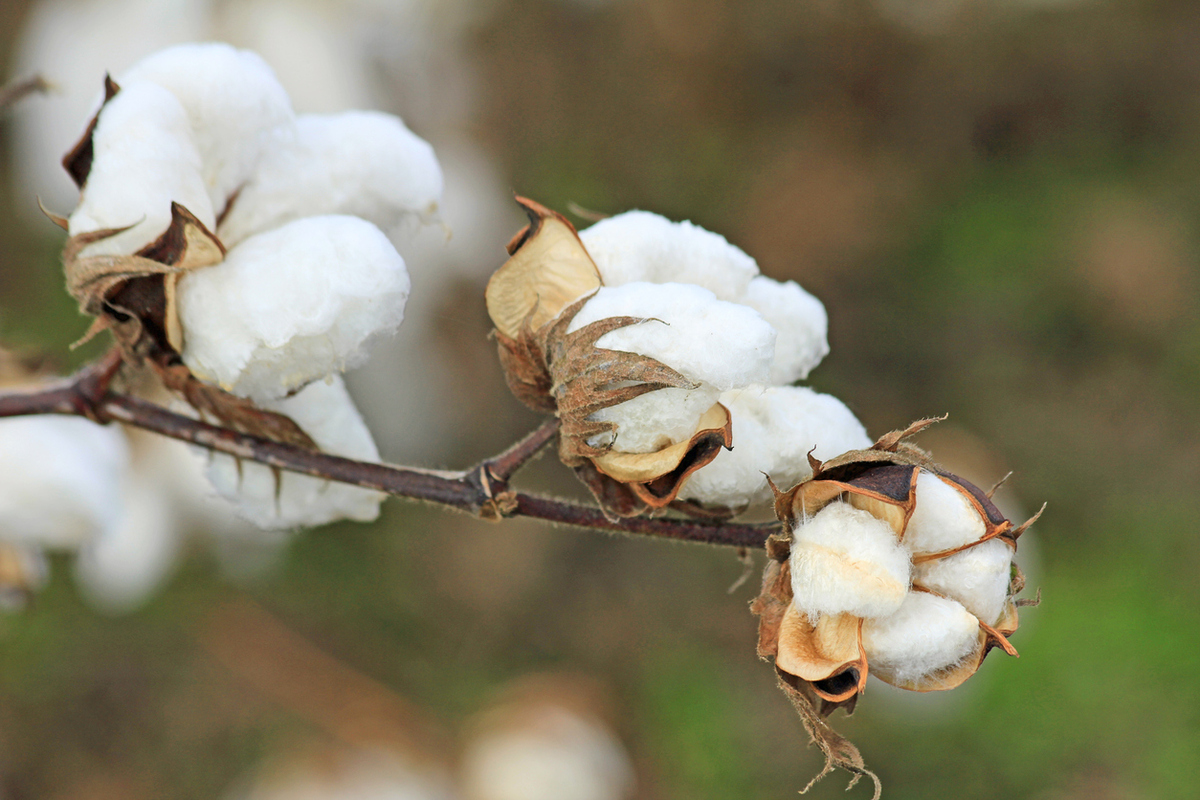
Gene Editing Reduces Branch Angle and Altered Petiole Angles in Cotton
January 31, 2024| |
A study published in Frontiers in Plant Science shows that the loss of TAC1 homeologous genes in cotton reduces branch angle and altered petiole angles. The results of this study provide significant insights into understanding optimal light interception in cotton, which can potentially improve crop yield.
Various environmental factors, such as light capture, carbon assimilation, and photosynthetic efficiency, affect crop performance. Previous studies show that controlling branching and plant-to-plant interference improves planting density, photosynthesis and carbon assimilation, and boosts yield. In cotton plants, uneven light distribution within the branch canopy significantly affects its growth, productivity, and yield.
Hence, the researchers from Clemson University and partners have utilized CRISPR-Cas9 technology and Agrobacterium-mediated transformation to silence specific Tiller Angle Control (TAC1) gene homeologs in the stem of cotton plants. The findings of this study accelerate the research on developing commercial cotton varieties with increased crop productivity.
For more information, read the article from Frontiers in Plant Science.
| |
You might also like:
- Researchers Pinpoint Key Gene for Cotton Yield and Fiber Quality
- Australian OGTR Receives License Application for GM Cotton Field Trial
- Cotton Microbes Protect Crops from Devastating Virus
Biotech Updates is a weekly newsletter of ISAAA, a not-for-profit organization. It is distributed for free to over 22,000 subscribers worldwide to inform them about the key developments in biosciences, especially in biotechnology. Your support will help us in our mission to feed the world with knowledge. You can help by donating as little as $10.
-
See more articles:
-
Gene Editing Supplement (January 31, 2024)
-
Research and Tools
- Gene Editing Reduces Branch Angle and Altered Petiole Angles in Cotton
- Albino Rice Reveals Key Gene for Chlorophyll Production and Chloroplast Development in Rice
- Israeli Researchers Develop Gene-edited Tomatoes that Consume Less Water
- Nine Gene-edited Berries from Pairwise Receive USDA Confirmations
- Gene Editing of Grapes Enhances Aromatic Attributes
- Scientists in Africa Use Gene Editing to Protect Crops from Local Threats
-
Read the latest: - Biotech Updates (February 18, 2026)
- Gene Editing Supplement (January 28, 2026)
- Gene Drive Supplement (February 22, 2023)
-
Subscribe to BU: - Share
- Tweet

